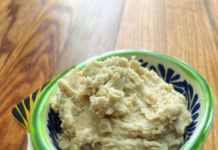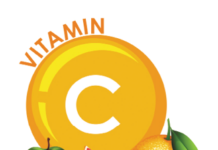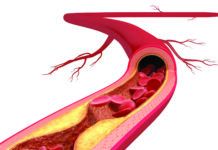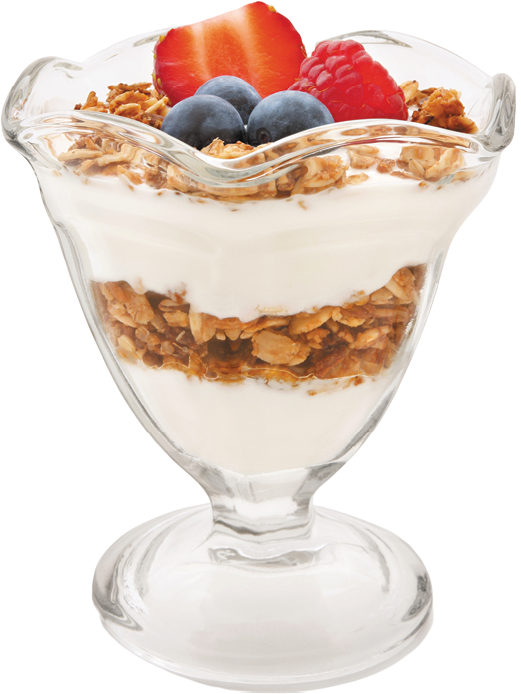Nurturing and supporting a population of beneficial gut bacteria is good for your health. Prebiotics, probiotics, and synbiotics (in foods or supplements) promise to do just that. Emerging research on postbiotics seeks to skip the bacteria and go right to the beneficial molecules they produce. Let’s take a look at what each of these “-biotics” is, and what the latest research says about them.
Prebiotics. Prebiotics are the fuel—the food—for your beneficial gut microbes. Good bacteria feed on carbohydrates that are not well digested—fermentable dietary fibers, resistant starch, and sugar alcohols—as well as some plant compounds called phenolics.
Where are they found? Prebiotic carbohydrates and phenolics can be found in many fruits, vegetables, beans, nuts, seeds, and whole grains. Products like bread, cereal, cookies, yogurt, and baby formula may be fortified with prebiotics. (The ingredients list will have words like inulin, chicory fiber, oligofructose, galactooligosaccharides, or fructooligosaccharides). Purified dietary fibers can also be purchased as supplements.
➧ Choose Plants. Fruits, vegetables, beans, nuts, and whole grains have fiber and phenolics that feed your gut microbes.
➧ Try Fermented Foods. Yogurt (with live cultures), cheeses that haven’t been heated, kefir, kimchi, sauerkraut, pickled vegetables, and kombucha contain beneficial microbes.
➧ Skip Supplements? We don’t yet know which organisms in what quantities will be helpful. Findings on helpfulness have so far been mixed.
What does the research say? Research on the benefits of using prebiotic supplements is limited, and findings have been mixed. However, research shows a dietary pattern that includes plenty of naturally fiber- and phenolic-rich foods is good for overall health.
Probotics. Probiotics are living bacteria and yeasts. The goal is for these beneficial organisms to take up residence in your gut and replace other less beneficial or even harmful species.
Where are they found? Probiotics can be found in fermented foods such as yogurt (with live cultures), many cheeses (including soft cheese, Swiss, provolone, Gouda, cheddar, and cottage cheese), the yogurt drink kefir, kombucha (fermented tea), pickled vegetables, and fermented cabbage like kimchi and sauerkraut. Probiotics are also available as pills or powders.
What does the research say? Eating fermented foods is consistently associated with health benefits, whether this is related to their probiotics or other components. Both fermented foods with live cultures and probiotic supplements are being studied for potential roles in controlling body weight and improving blood glucose levels, but evidence is scant to date. As far as supplements go, we still don’t know which strains might be helpful for what conditions, and in what amounts. “I do not recommend pre- or probiotics for my patients,” says John Leung, MD, an adjunct clinical assistant professor at the Friedman School and former director of the Center for Food Related Disease at Tufts Medical Center. “The use of probiotics for the treatment of irritable bowel syndrome is not recommended. The quality of the existing evidence is simply too low.”
Synbiotics. Synbiotics are a mixture of pre- and probiotics.
Where are they found? While some foods naturally have both live bacteria or yeast and fiber (like pickled vegetables), synbiotics are most likely to be added to foods or packaged as supplements. The thought is that the prebiotics will help nourish the probiotics so they’re more likely to thrive in your gut.
What does the research say? There is little research on the topic. It is not known whether synbiotics are helpful.
Postbiotics. What are they? Postbiotics are the byproducts created when our gut microbes break down prebiotics. They include vitamins, amino acids, and substances called short-chain fatty acids (SCFAs), among other things. These are absorbed into our bodies, where they may impact our health.
Where are they found? Postbiotics are generated in the gut by the action of the microbiota, but they can also be created in a lab and packaged in a supplement.
What does the research say? SCFAs, produced by the microbiota from fiber breakdown, are important for colon health and may affect appetite and cardiometabolic health. Postbiotic researchers hope to get a better understanding of what the byproducts of bacterial metabolism do in our bodies and possibly use this knowledge to create medications or helpful supplements. It is not yet known whether postbiotic supplements will be beneficial.
Consuming foods with prebiotics (like naturally fiber-rich foods) and probiotics (like fermented foods) promotes the growth of beneficial microbes in your gut, and these create their own postbiotics.


























